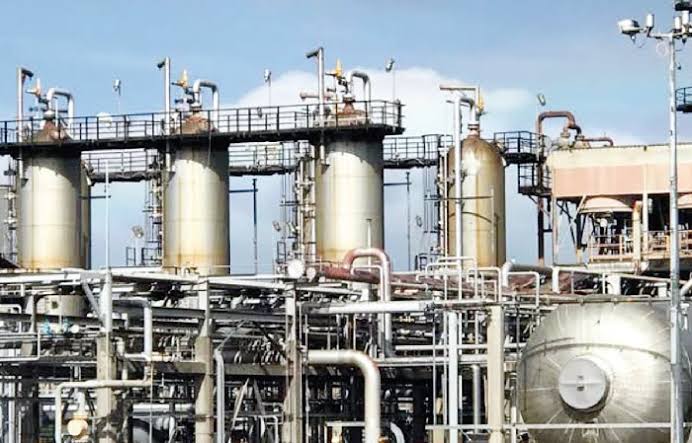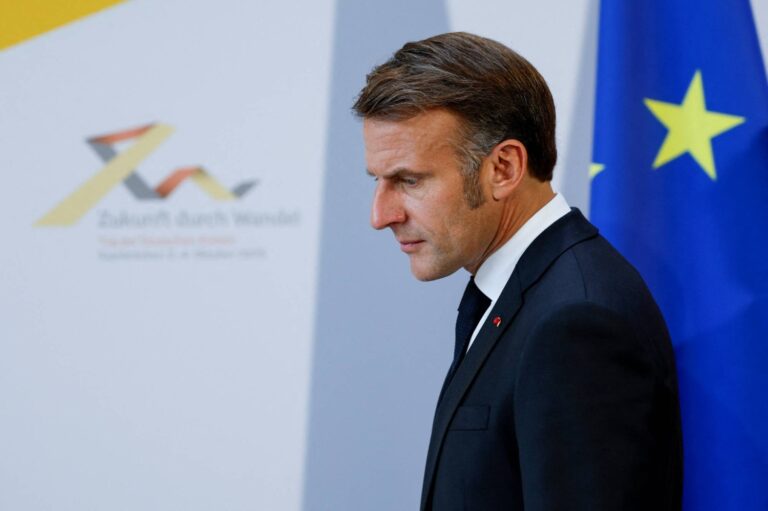
In 2024, Nigeria witnessed a significant surge in gas export revenue, reaching $8.66 billion – a 48.3% increase year-over-year. This growth is primarily attributable to a confluence of factors, including heightened global demand for natural gas and the establishment of new trade partnerships. The rise in exports has solidified natural gas as a key commodity for Nigeria, positively impacting its balance of payments and reinforcing its position in the global energy landscape.
Several strategic reforms implemented under President Bola Tinubu’s administration have revitalized Nigeria’s gas sector. These include:
- Infrastructure Development: Investments in gas extraction, processing, and transportation infrastructure have enhanced Nigeria’s capacity to meet rising global demand.
- Foreign Investment Incentives: Policy changes aimed at attracting foreign investment have spurred growth in the gas sector, facilitating technology transfer and knowledge sharing.
- Trade Agreements: New trade agreements have opened up new markets for Nigerian gas, particularly in Europe.
Nigeria’s substantial gas reserves, among the largest in Africa, are now being leveraged more effectively through increased exports of liquefied natural gas (LNG). A notable example is Portugal, which sourced 51% of its LNG imports from Nigeria in 2024. This shift reflects a broader trend in Europe, where countries are actively seeking alternatives to Russian energy supplies due to geopolitical tensions.
The increase in gas export revenue has enabled the Tinubu administration to pursue several key domestic objectives, including:
- Currency Stabilization: Increased foreign exchange earnings from gas exports have helped stabilize the Nigerian naira.
- Current Account Improvement: The surge in gas exports has contributed to a significant improvement in Nigeria’s current account surplus.
- Foreign Capital Attraction: The positive economic outlook, driven in part by increased gas exports, has attracted foreign capital inflows.
Overall, Nigeria’s success in boosting gas exports demonstrates its ability to adapt to changing global energy dynamics and capitalize on emerging opportunities. The country’s strategic focus on developing its gas sector has positioned it as a key player in the global energy market, with the potential for further growth in the years to come.



